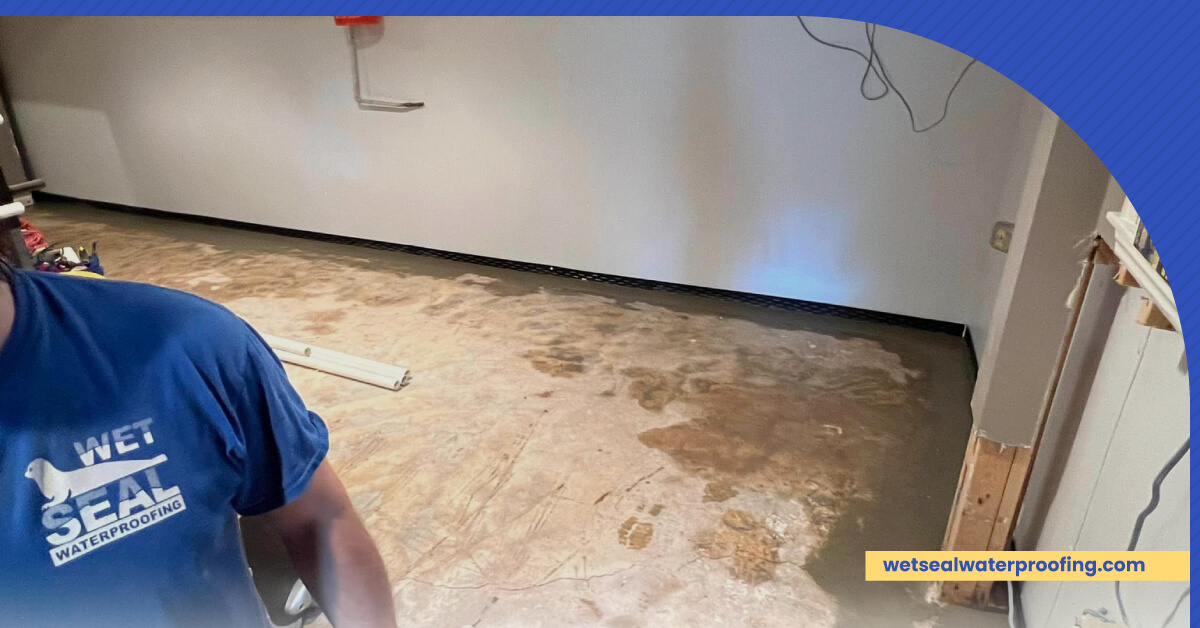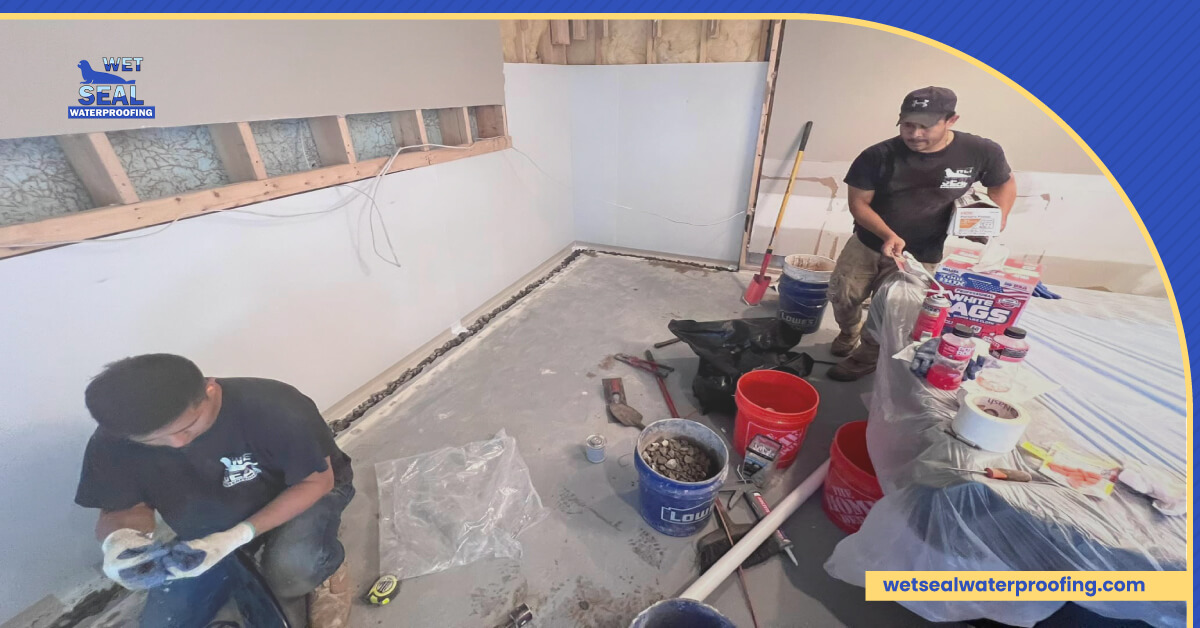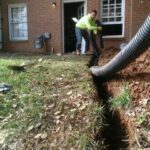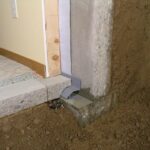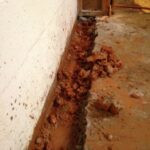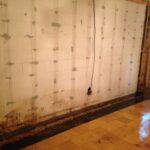Your basement, often used for storage or as an additional living space, can sometimes be the source of unpleasant odors. Among these, the musty smell in your basement should never be ignored.
In this blog post, we will delve into the significance of the musty smell in your basement, how it may be linked to water damage, and why addressing it promptly is crucial.
The Significance of the Musty Smell in Basement:
Musty smell in basement is often caused by mold and mildew growth, which thrive in damp, humid environments. With its low light and poor ventilation, your basement can be an ideal breeding ground for these unwelcome guests.
Additionally, dampness and high humidity levels can lead to the development of this unpleasant smell.
Health Risks Associated with Mold and Mildew:
Beyond the nuisance of a musty smell in the basement, mold, and mildew pose serious health risks. Prolonged exposure to these allergens can lead to respiratory issues, allergies, and other health problems.
Hence, addressing the source of the musty smell in your basement becomes not just a matter of comfort but also one of health and safety.
Identifying Water Damage in Your Basement:
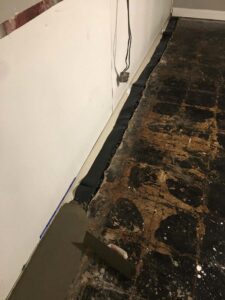
Signs of Water Damage in Your Basement:
Water Stains: Look out for water stains on the walls or ceilings. These can manifest as discolored patches, often with a yellow or brownish tint.
Warped or Buckled Flooring: If the flooring in your basement appears warped, bowed, or uneven, it may indicate water damage.
Cracks in the Foundation: Cracks in the basement walls or foundation are clear indicators of water intrusion.
Linking Signs to the Musty Smell in Basement:
The presence of water damage often goes hand in hand with a musty smell in the basement. This smell results from the mold and mildew growth fostered by the excess moisture that water damage brings. Connecting the dots between the musty smell in your basement and these visible signs is crucial for effective remediation.
The Consequences of Ignoring Water Damage:
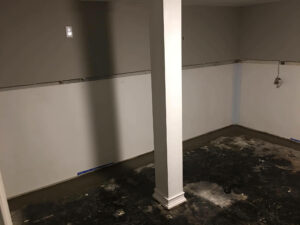
Structural Damage: Ignoring water damage can lead to severe structural issues in your home. Over time, water can weaken the foundation, compromise the integrity of walls, and even damage the electrical and plumbing systems.
Health Implications: As mentioned earlier, mold and mildew can adversely affect your health, particularly if you or your family members have allergies or respiratory conditions. It’s not just about the smell; it’s about the well-being of your loved ones.
Impact on Property Value: Unresolved water damage can significantly reduce the value of your property. When potential buyers see signs of water damage or detect a musty smell in the basement, they may be deterred from purchasing your home or negotiating a lower price.
Preventing Water Damage in Your Basement:
Proper Ventilation and Dehumidification: Ensure your basement is well-ventilated, and consider using a dehumidifier to keep humidity levels in check.
Regular Inspections: Perform regular inspections to identify and fix leaks, cracks, or other sources of water intrusion.
Exterior Drainage Solutions: Improve the grading around your home to direct water away from the foundation. Installing a sump pump can also be beneficial.
Professional Waterproofing Services:
In some cases, it’s wise to seek the expertise of professionals. Waterproofing experts can assess your basement’s needs and implement effective solutions to prevent musty smell in the basement and water damage.
Remediation and Cleanup:
Steps to Take if Water Damage is Discovered:
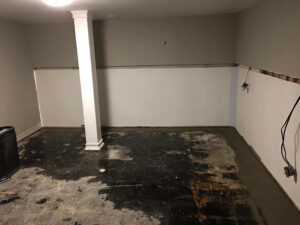
Identify the Source of Water Intrusion: Address the root cause of the problem, whether it’s a leaking pipe, cracks in the foundation, or poor drainage.
Mold and Mildew Removal: Safely remove and remediate mold and mildew. This often requires protective gear and specialized cleaning solutions.
Repair Structural Damage: Fix any damage caused by water, such as damaged walls or flooring.
Professional Remediation When Necessary: In cases of extensive water damage or mold infestations, it’s essential to enlist the help of professionals who specialize in remediation and restoration.
In conclusion, the musty smell in your basement should never be underestimated. It may signal water damage that could lead to structural problems, health issues, and a decrease in your property’s value.
Take action promptly to identify and address the source of the problem, and consider seeking professional assistance when necessary. By doing so, you’ll eliminate the musty smell in the basement and ensure the long-term health and integrity of your home.
Remember, a musty smell in your basement is more than just an inconvenience; it’s a warning sign that should prompt you to take action and protect your home and family.
Act Now!
Don’t let a musty smell in your basement compromise the safety and comfort of your home. Reach out to us today to arrange a consultation with one of our experts. Discover how our services can completely transform your Atlanta home into a sanctuary of cleanliness, well-being, and resilience. Your ideal home is just one call away!
Contact us at +1 678-920-4675 or email us at staydry@wetsealwaterproofing.com, and don’t forget to visit our website at www.wetsealwaterproofing.com.
Stay connected with WET SEAL WATERPROOFING on social media! Follow us on Instagram to stay updated and gain access to more information.
Take that initial step toward improving your home environment with WET SEAL Waterproofing – your trusted partner in excellence!

